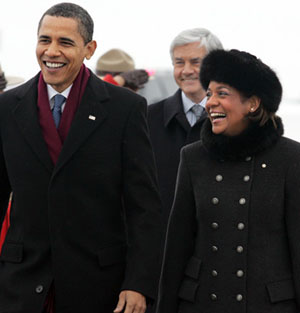Dual citizens of Canada have as much right to become prime minister as any other kind of Canadian citizen
May 22nd, 2020 | By Randall White | Category: Ottawa Scene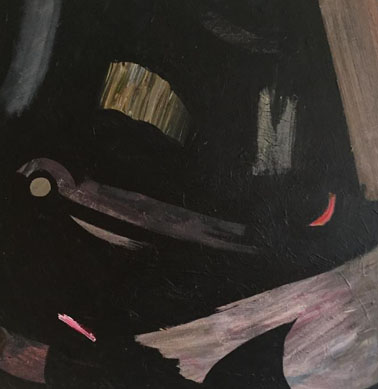
Before the issue vanishes altogether from the daily news I just want to quickly unburden myself of my quite certain and crystal clear views on dual citizenship and full-bore participation in Canadian democratic politics.
My media texts are “Scheer didn’t follow through on renouncing US citizenship” by Rachel Aiello on the CTV News site (May 17), and “Scheer says he won’t renounce US citizenship because he won’t be prime minister” by Peter Zimonjic on the CBC News site (May 19).
To summarize the background, during the last federal election campaign (the actual vote was on October 21, 2019 for those of us who are already having trouble remembering) it became clear that Conservative leader Andrew Scheer held dual citizenship in Canada and the United States.
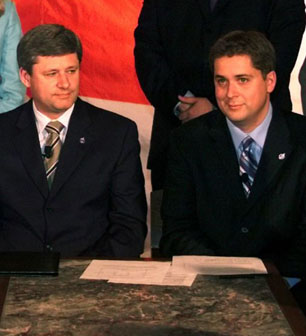
This seemed at least hypocritical since Conservatives (including Andrew Scheer) had previously raised doubts about Canadian public officials who held dual citizenship in Canada and France.
As a 2019 campaign gesture Mr. Scheer indicated that he would renounce his US citizenship (bequeathed by the US birth of his father). More recently, towards the middle of May 2020 assiduous investigative reporters have discovered that Mr. Scheer is in fact still a dual citizen of Canada and the United States.
Mr. Scheer has finally clarified that : “The reason for renouncing it was part of my effort to become prime minister and once that rationale was no longer there I just discontinued the process.”
Or, he had indicated he would renounce his US citizenship as prime minister of Canada. He has not become and (with his resignation as Conservative leader) will now never be prime minister. And he has discontinued the process of renouncing his US citizenship (out of respect, he seems to imply, for his father).
So … here is my take on the finer points (for whatever it may or may not be worth).
First, if they are going to ignore the dual Canadian-US citizenship of their own leader, it was at best hypocritical for Conservatives to raise questions about the dual Canadian-French citizenships of former Governor General Michaelle Jean (who did renounce her French citizenship after being appointed Governor General of Canada), former federal Liberal leader Stéphane Dion, and former federal New Democratic Party leader Thomas Mulcair.
The much more critical point in my mind, however, is that the questions raised in both cases (Canada and France or the United States) are not seriously appropriate or just worth bothering about. In the Canada that has now almost entirely grown beyond its earlier origins on The Middle Ground between European colonialism and the Canadian First Nations, holding dual citizenship in Canada and any other current UN member state is not and certainly ought not be any kind of disqualification for the highest offices in our 21st century parliamentary democracy.
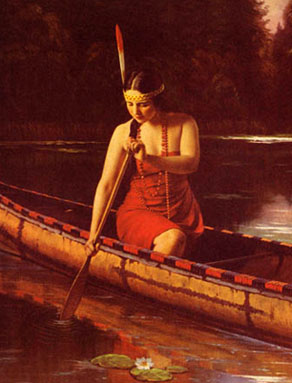
Unlike our friends and neighbours to the south of us (who “must south of us remain,” in the early 20th century words of the British Canadian Mohawk poet Pauline Johnson or Tekahionwake) we do not constitutionally require that our head of government be born in Canada.
The (understandably heavy-drinking) first prime minister of the fractious Canadian confederation of 1867 was not born in Canada. And, rushing down to the much more recent past, Mr. Zimonjic reports : “A CBC News investigation found at least 56 parliamentarians from the 2015-19 Parliament – 44 MPs and 12 senators – had been born outside Canada. At least 22 of them have citizenships from other countries.”
I should quickly confess that those who already know about my own California-and-Hawaii-born grandchildren can quite rightly point out that my views on this subject are self-serving.
But to me they are self-serving in a way that can also make some slight claim on serving Canada. (As when my wife’s grandfather called his birthday “A Great Day for Canada” – another tradition we are still trying to conserve for the future. )
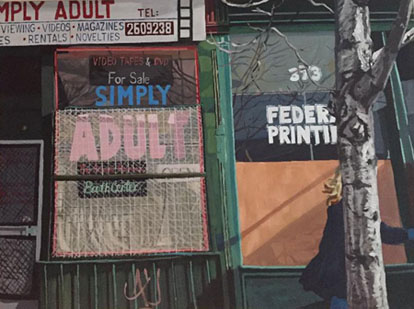
I was myself, that is to say, born in Canada where I have lived all my life, with only intermittent visits elsewhere in the mass market mode. Especially at the present juncture in the history of planet earth, I think Canada is a more or less terrific place, with a democratic political system that works – not perfectly but close enough for jazz (in the lexicon of an earlier generation).
Just in case they may wish to choose them, for whatever reasons, I want my grandchildren as joint citizens of Canada and the United States to have the same potential opportunities of living freely and agreeably that I have enjoyed here in the home and native land, all my life. (And again there have been moments over the past few years when that has seemed at least a little more important than it may have once appeared to be.)
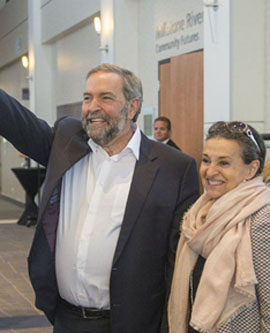
So I cannot agree with our former Conservative Prime Minister Stephen Harper (as most recently explained by Peter Zimonjic) : “When asked about Mulcair’s citizenship, Harper said in 2015 it was up to Mulcair to decide whether to keep the French passport or give it up. ‘In my case, as I say, I’m very clear. I’m a Canadian and only a Canadian,’ Harper said.”)
The alternative big idea is simple enough. There is only one kind of Canadian citizenship. It doesn’t matter how you get there ; it’s getting there that counts. Born-in-Canada, Canadian by Citizenship Oath, Dual Citizen, or whatever else are all the same.
All adult Canadian citizens similarly qualify for the high offices of Governor General and Prime Minister of Canada. And that I think is where the question should be put to rest. Forever.
(Now as for Mr. Scheer’s latest demand that Parliament be declared an “essential service” during the coronavirus pandemic, the Conservative Party of Canada he is still leading for the moment would need a parliamentary track record much less dominated by excessively toxic partisan rhetoric for this to carry any serious weight at all.)
